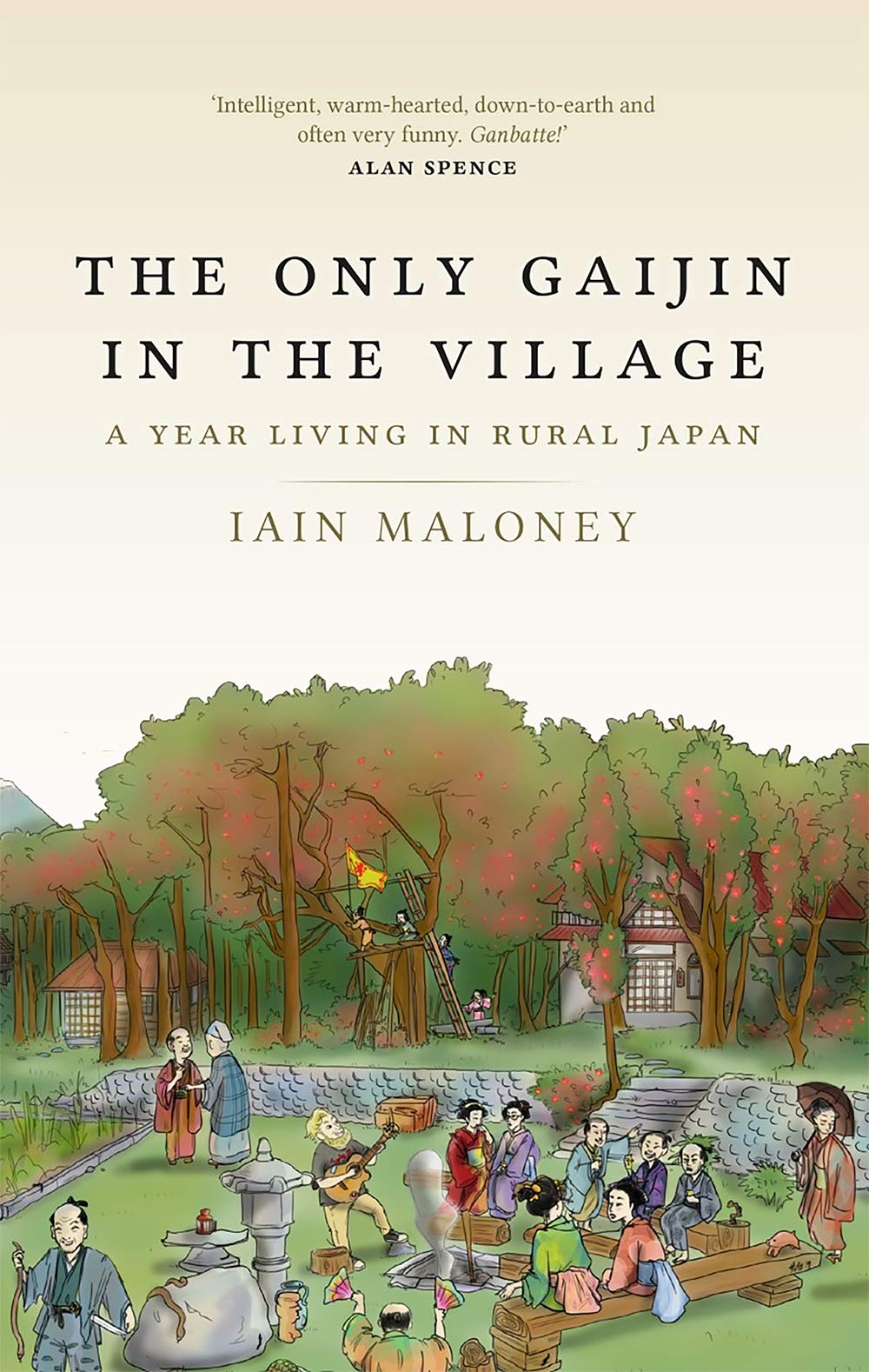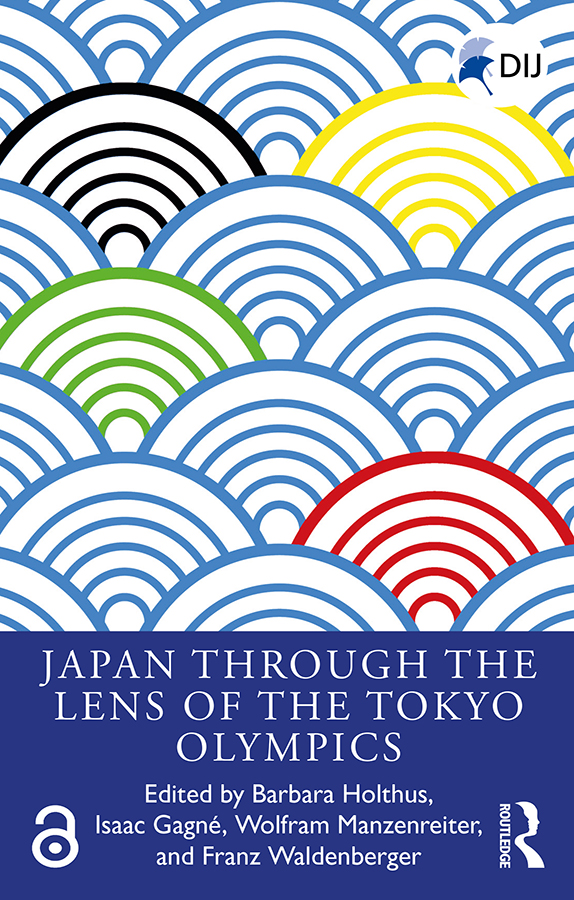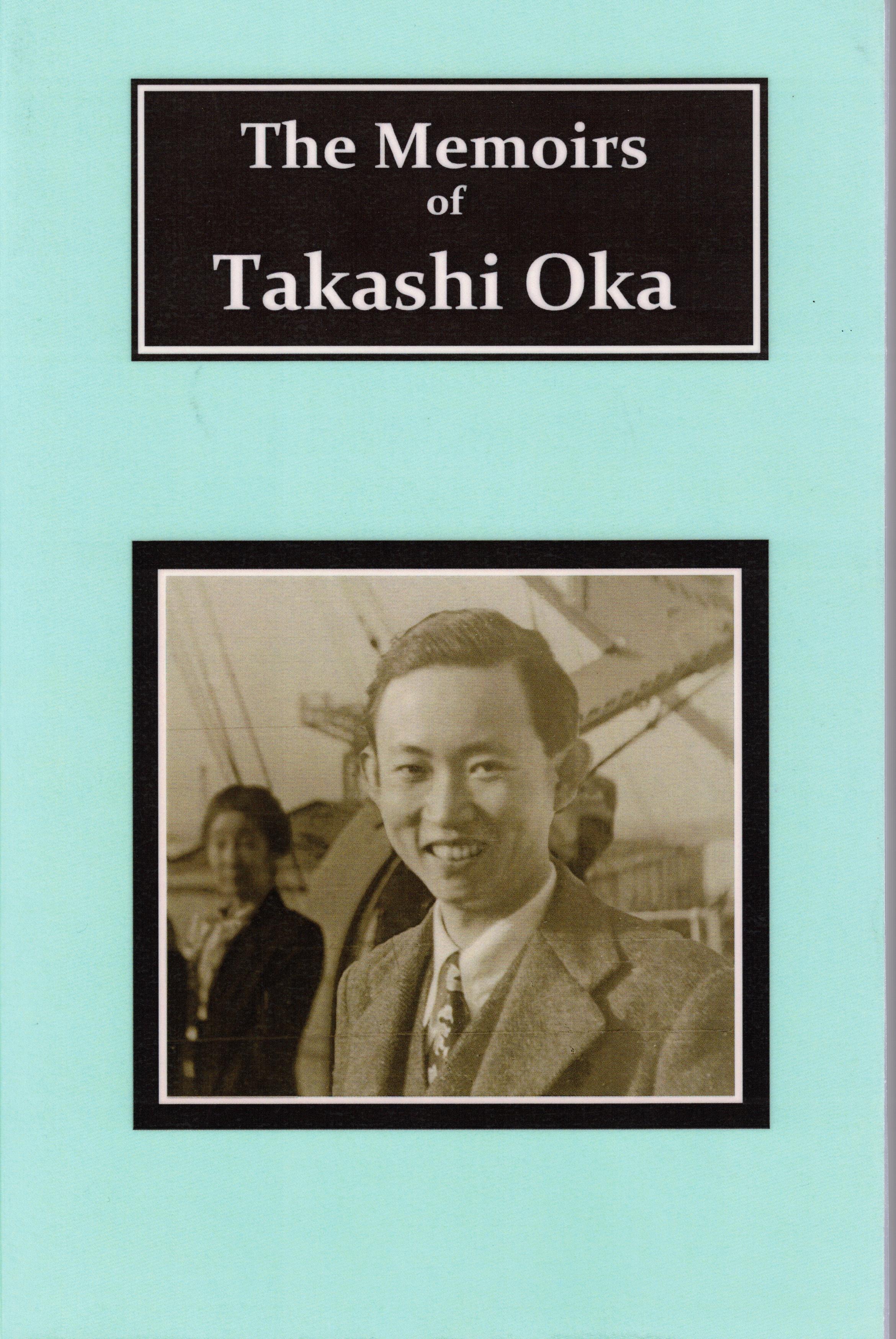Issue:
New in the library
|
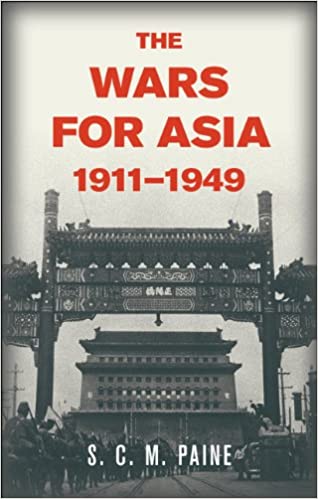
The Wars for Asia 1911-1949 S.C.M. Paine Cambridge University Press |
The Only Gaijin in the Village: A Year Living in Rural Japan Iain Maloney Polygon Gift from Iain Maloney |
|
Japan Through the Lens of the Tokyo Olympics Barbara Holthus (ed.); Isaac Gagné (ed.); Wolfram Manzenreiter (ed.); Franz Waldenberger (ed.) Routledge Gift from German Institute for Japanese Studies (DIJ Tokyo) |
The Memoirs of Takashi Oka Takashi Oka Frederking & Thaler Gift from Megumi Oka |
Join the Film Committee…
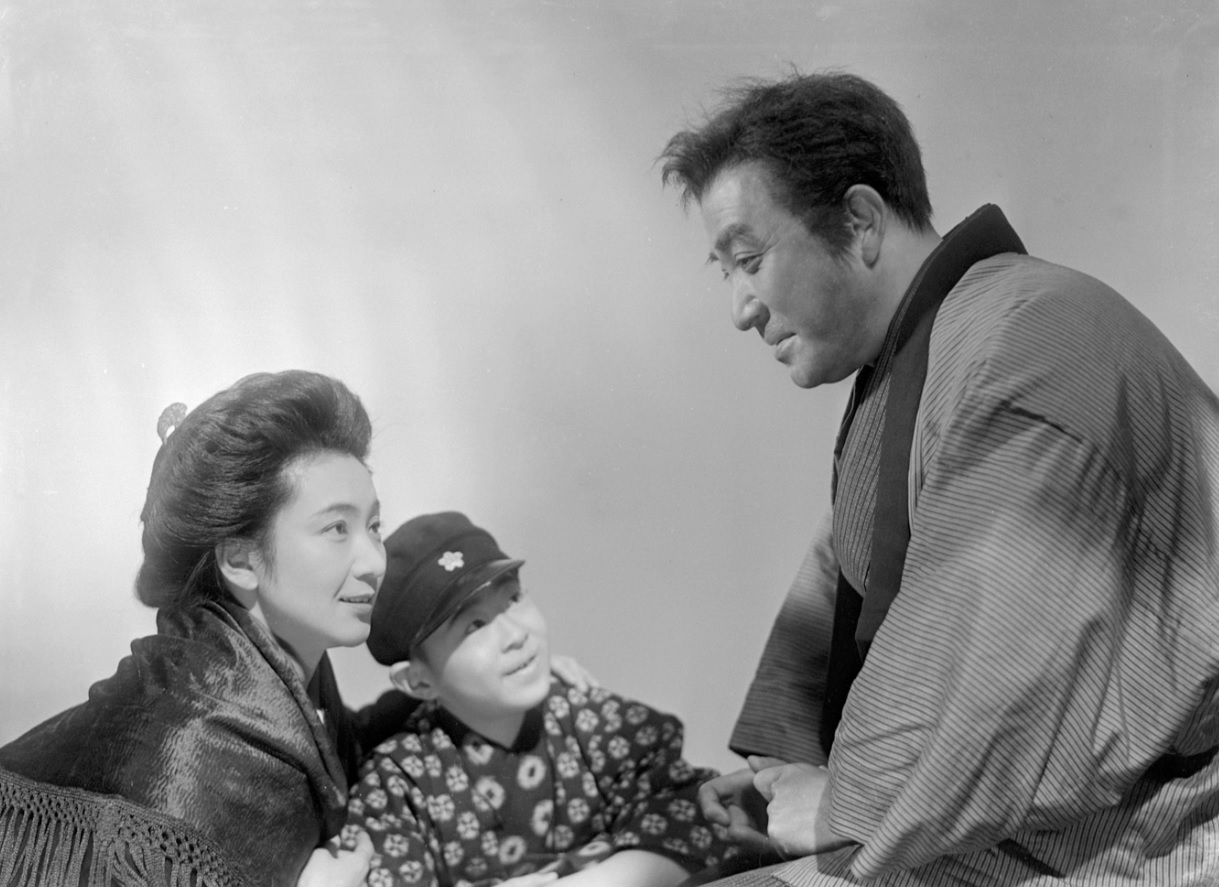
On Wednesday February 17 at 6:30 pm for a special screening of the 4K digitally remastered version of director Hiroshi Inagaki’s The Rickshaw Man (1943), and a short documentary by Ema Ryan Yamazaki that imaginatively illuminates the process of restoration as well as the film’s fraught history, The Wheels of Fate: The Story of the Rickshaw Man. Inagaki’s film had been subjected to strict censorship not only by Japan’s Home Ministry before its release, but also by the GHQ after WWII had ended. Made at a time when works of art were expected to celebrate the glory of the Japanese Empire, Inagaki and his renowned cameraman Kazuo Miyagawa nevertheless created a deeply humanist work about a rickshaw driver (Tsumasaburo Bando) who devotes his life to caring for a widow and her young son, with an innovative final sequence that is one long cut with 46 embedded shots. Joining us for the Q&A session will be director Yamazaki, restoration producer Eric Nyari and veteran cinematographer Masahiro Miyajima, who served as Miyagawa’s chief assistant and spearheaded the restoration project. (The Rickshaw Man, Japan, 1943, 82 minutes; The Wheels of Fate: The Story of the Rickshaw Man, USA/Japan, 2020, 20 minutes. Both in Japanese with English subtitles).
● Karen Severns ©KADOKAWA1943



